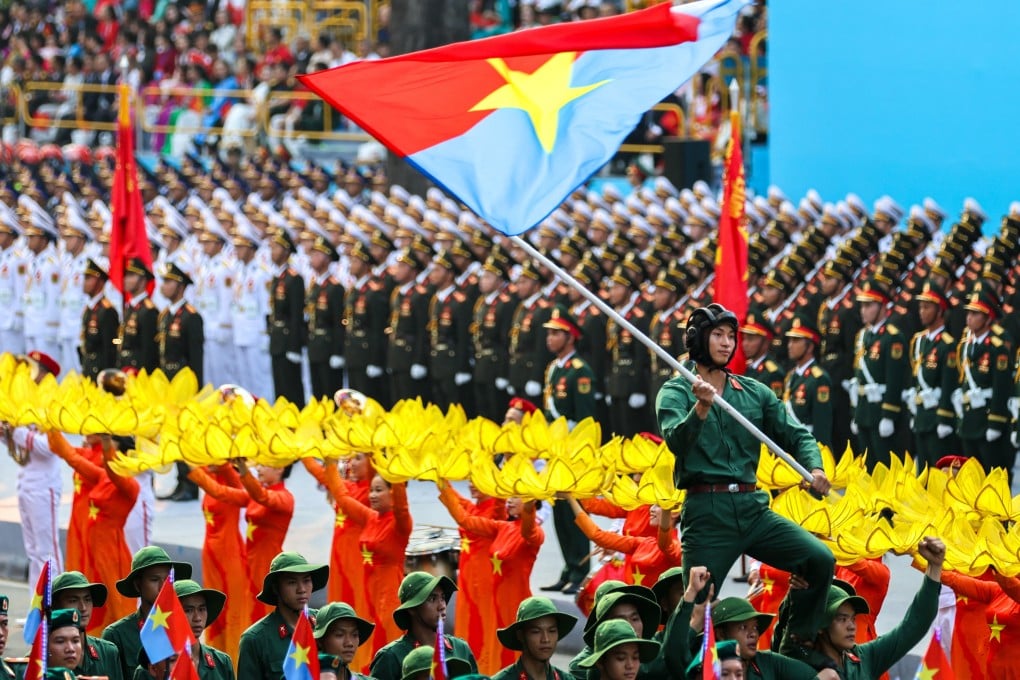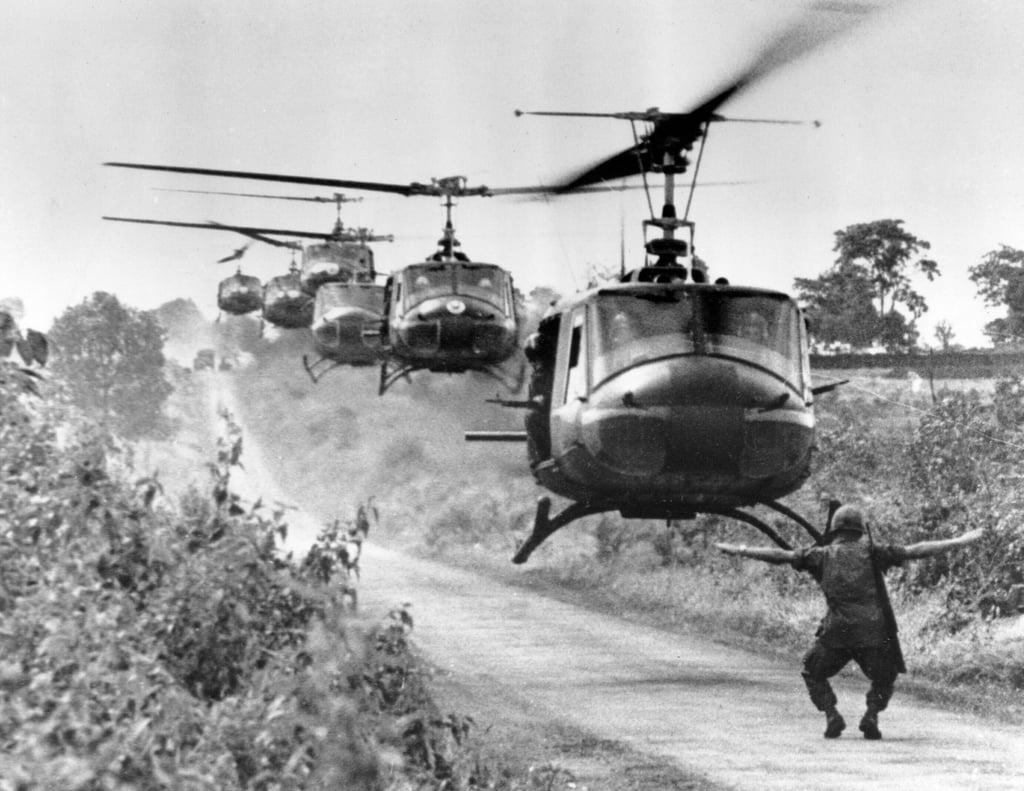Advertisement
Asian Angle | What the Vietnam war can teach us about Trump’s Asia policy
The Vietnam war ended 50 years ago. Its complex legacy offers context for Donald Trump’s global trade and security shake-up
Reading Time:4 minutes
Why you can trust SCMP
2

This year marks the 50th anniversary of the end of “America’s war” in Vietnam from 1965 to 1975. The US entered the war in the closing years of an era when it was prepared to fight communist expansion wherever it occurred, a policy initially signalled by the Truman Doctrine.
The Vietnam war was a catastrophe in terms of its huge human toll and economic cost, and many Americans viewed it as a tragic folly.
However, it proved to be a protective shield against the spread of communism in Southeast Asia. Without direct US military intervention in Vietnam in 1965, the Southeast Asia that we know today may not have existed.
Advertisement
Despite the US’ setbacks in Vietnam, it has remained a vital component of the Asia-Pacific power balance. However, now the policies of Donald Trump’s administration – to reshape the global trade order and US security posture – have generated uncertainties about the adjustments to come, including the roles of its allies and partners.
The domino theory, fashionable in US policy circles in the 1950s and early 1960s in its extreme form, assumed that if Vietnam fell to the communists, the rest of Southeast Asia would follow suit. In the US, the theory had its leftist and progressive critics and establishment figures, who thought it was too simplistic.

Non-communist Southeast Asian governments were also deeply concerned about the potential spread of communism from Vietnam.
Advertisement
Select Voice
Select Speed
1.00x
